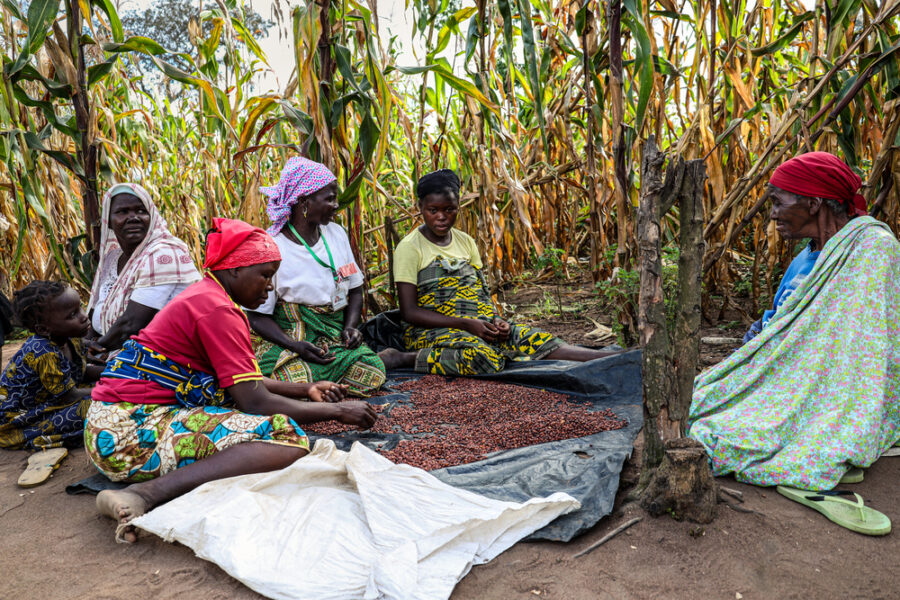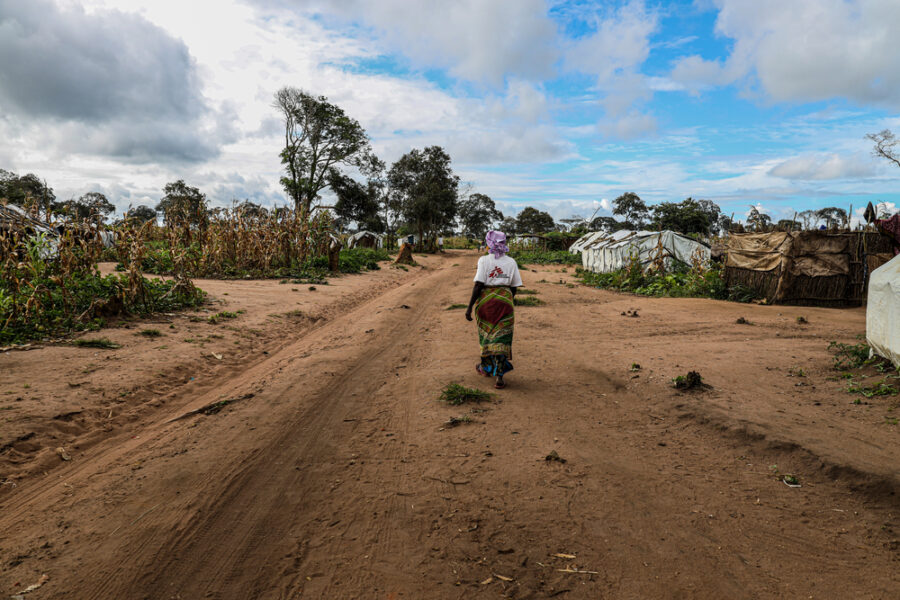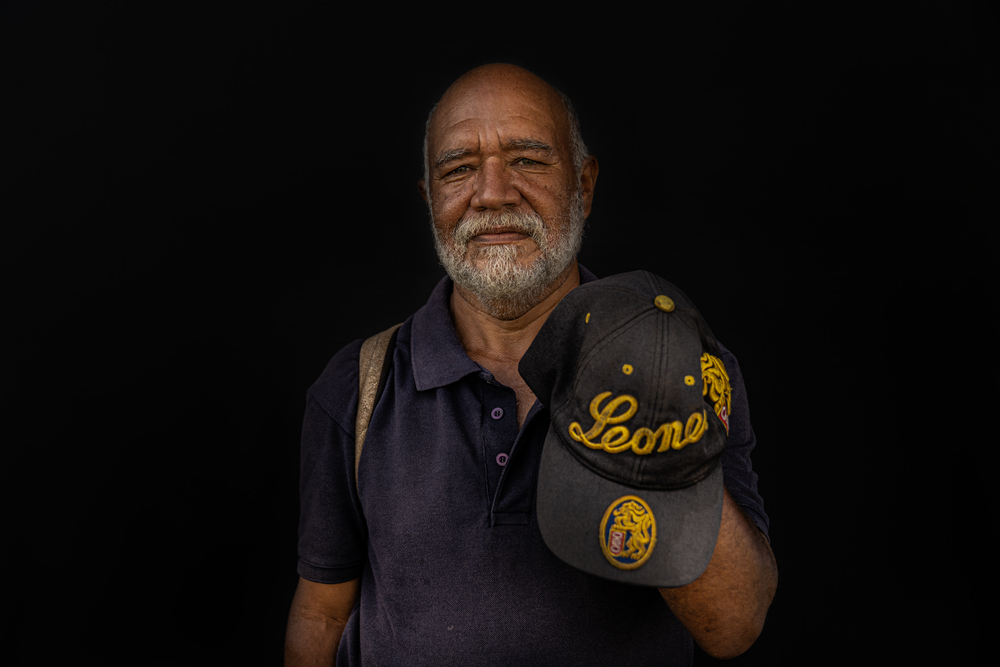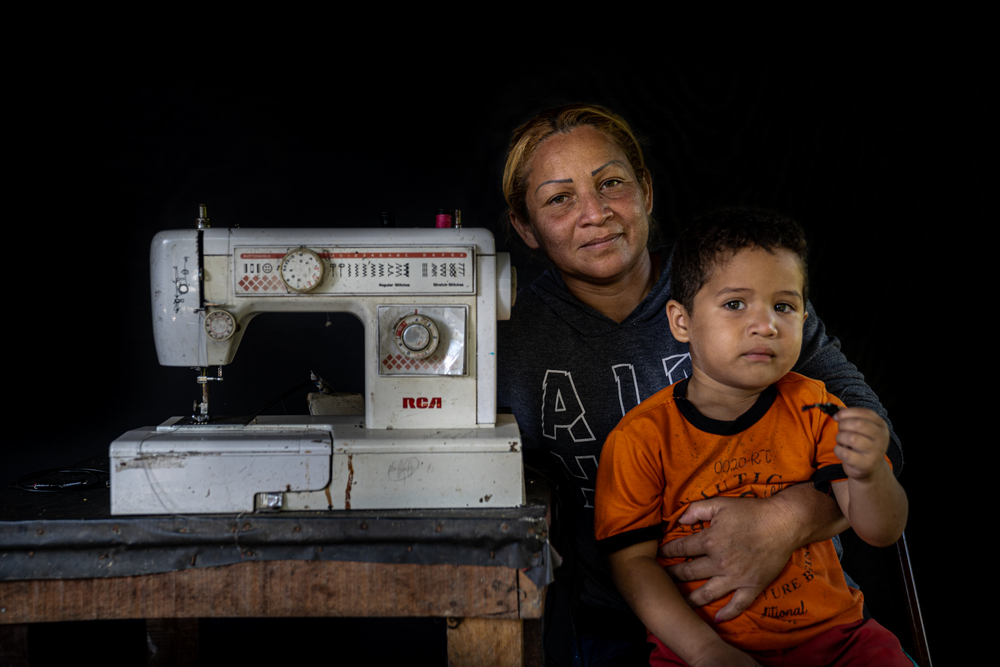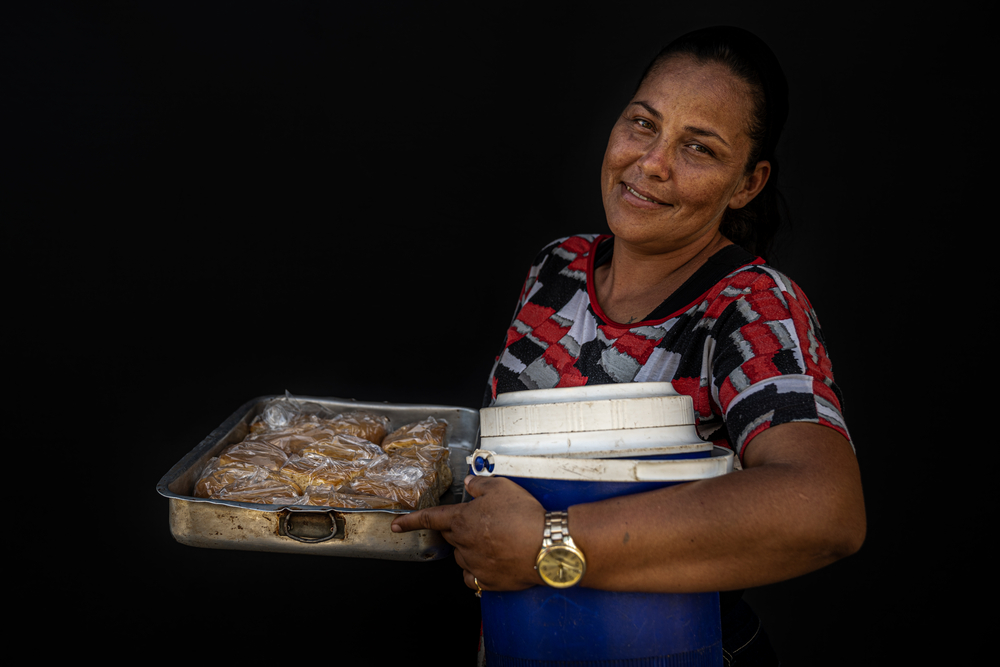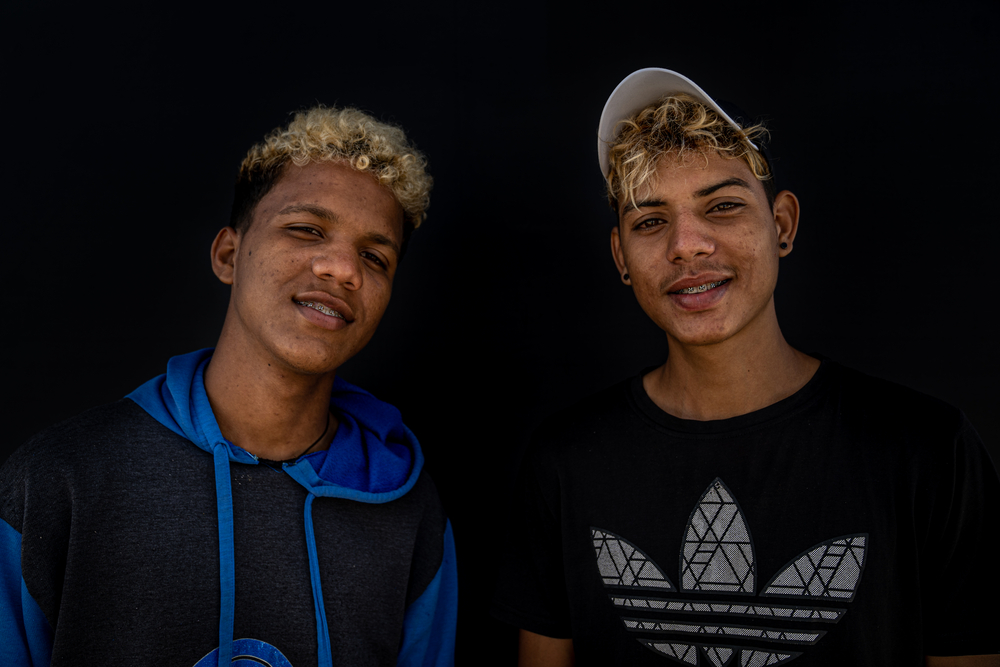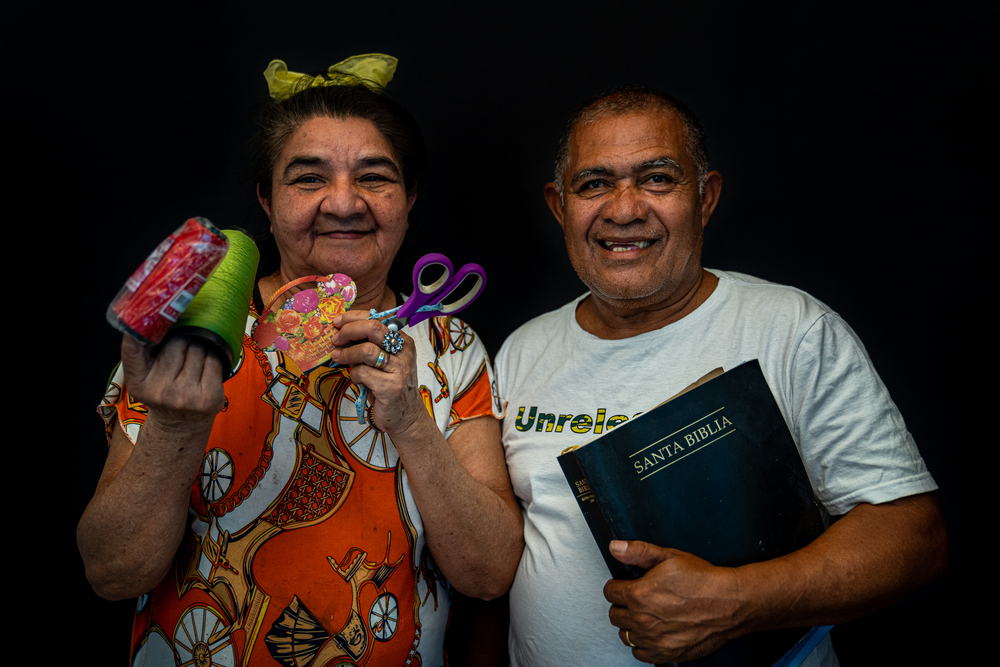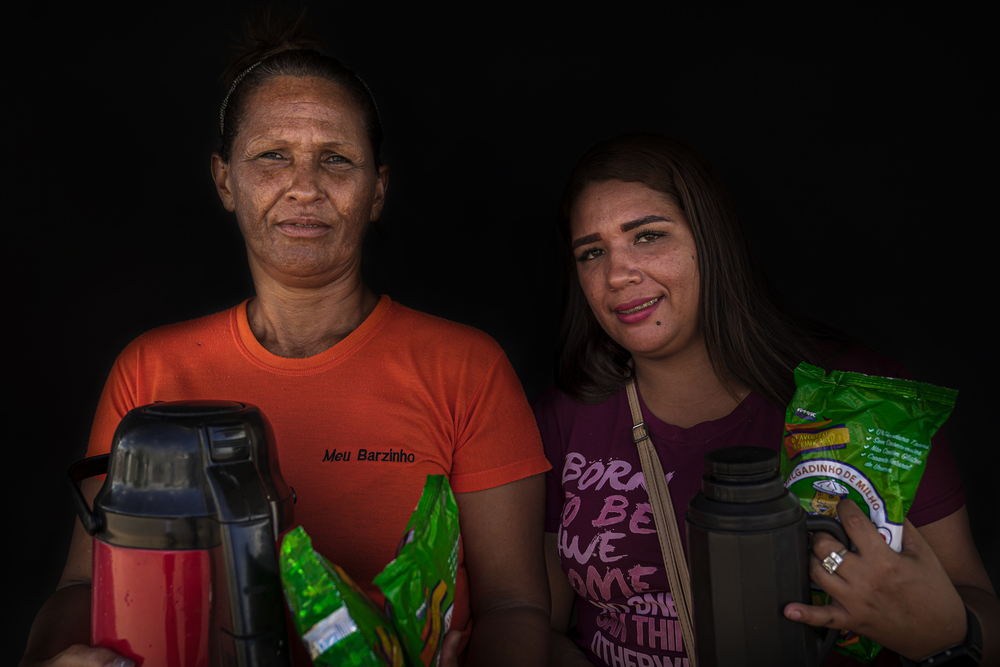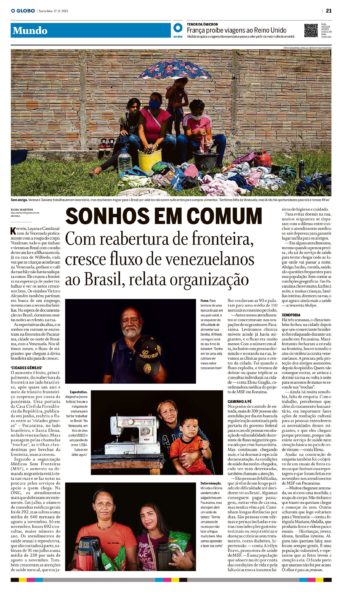Publication for Médecins Sans Frontières (MSF) – April 2023
© Mariana Abdalla/MSF
In February, massive earthquakes struck the south of Türkiye and north-western Syria.
In Türkiye, the earthquakes have directly impacted more than 9 million people in eleven provinces in the southern part of the country, hosting 16 percent of the country’s people. As of early April, more than 50,300 people have died, more than 3 million have been displaced and more than 2 million have been living in formal and informal settlements across earthquake affected areas.
Now, more than two months after the first earthquakes, people are having to grapple with the post-traumatic stress of these events. Aftershocks are still occurring every day. According to the Turkish Disaster and Emergency Management Presidency (AFAD), over 25,000 aftershocks have occurred since the February 6 earthquakes, 47 of them higher than magnitude 5 on the Richter scale. In addition, heavy rains have also led to flooding in some areas.
Médecins Sans Frontières/Doctors Without Borders (MSF) is supporting local non-profit organisations in Türkiye conducting psychosocial activities in affected areas, including Adıyaman and Malatya provinces.Here, people in these areas share their stories and feelings, and psychologists from MSF supported organisations highlight the growing mental health needs and the psychological impact of the disaster.”
“We still can’t think clearly.”
Abdurrahman Can is the leader of Başpınar (Küllüm) village in Adıyaman.

Here, people in these areas share their stories and feelings, and a psychologist from an MSF supported organisation highlights the growing mental health needs and the psychological impact of the disaster.
“I lost my daughter-in-law and my grandchild. I kept my grandchild’s body in the car for two days until we could finally find his mother’s body and bury them both. We didn’t even get a shroud. We wrapped them with a blanket. The hospitals were full of dead bodies.
I have four children, two girls and two boys. One of them lost his wife and child. Another one was able to get his child out of the rubble alive. All their houses are gone, there is nothing left. They couldn’t get anything out.
We paid a price, we lost lives, we lost a lot of property.During the first days we were sleeping in our cars. Now we are staying in tents; we cannot go inside [our house].
There is a lot of fear. There are aftershocks a couple of times a day, every day. We still can’t even think clearly. We lost our sleeping patterns. We are starting to have family issues.
We need material and moral support. Everyone is stressed, but we are trying to recover. We are here as a family, trying to hold on to life. Now, at least we know that someone is listening to us.”
“It will take a long time to repair this.”
Nazlı Sinem Koytak is a psychologist for İmece İnisiyatifi, a local NGO supported by MSF, in Adıyaman.
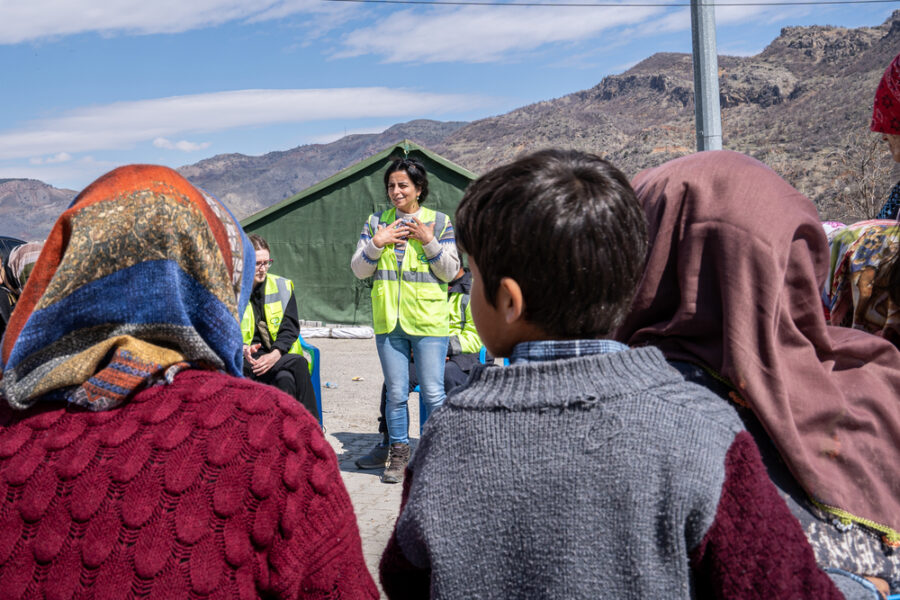
“Usually, after a life-threatening event has passed, people are comforted, and we expect their fear to lessen as time goes by.
Unfortunately, though, since aftershocks continue to happen, we are seeing that people’s fears are very much alive and not decreasing. People are physically and mentally tired.
The majority of people we talked to shared that they are too scared to enter their homes. They do not feel safe inside. Even if they must go inside during the day, they try to leave as fast as they can and spend the night in tents. This is true even for people who have their houses only slightly damaged.”

“In one of the villages, the participants said their houses ‘had now turned into monsters’. People used to take refuge in their homes, but now homes have turned into a place of fear, a place that kills them.
It will take a long time to repair this.
Therefore, in our work, we prioritise a number of activities that restore people’s trust in the family, especially between parents, children and adolescents.”
“Earthquakes on the one hand and rain on the other.”
Semra Karaca, Sultan Kodaş, Hüseyin Kodaş and Şengül Kodaş (from left to right) live together as a family in Ören village, on the outskirts of Malatya.

“There are earthquakes on the one hand and rain on the other. We don’t know what will happen in the future. I’m here with my wife, my siblings, my children and my mother.
Our belongings are drowned in water because of the flood, we can’t find anything to wear, the neighbour brought us these clothes for now. We were staying in a tent, but the tent got flooded too.
We are now trying to dry what we took out of the house, including our family photos.
The children are scared. The situation is very dire.”
“I feel hopeless about this village.”
Yusuf Eren Ozkan, 22, is a student at Düzce Univeristy. He wants to be a chef. During the first week of February 2023, he went back to his villages, Polat, Malatya, for a break.

“I came to visit my parents when I had a break from school. The night of the first earthquakes, I was playing video games in my room. At first, I thought it was going to stop shaking after a few seconds, but then I realised this was going to be bigger.
After the first earthquake, me and my family still stayed in our house, and we turned on the TV and tried to find out what happened through the news. That’s when the second earthquake happened, and things got a bit tougher for us.
We went outside and it was very cold, there was a lot of snow on the ground and falling from the sky. Then a rock fell and hit me and my father, and we were injured. We eventually set up a tent by ourselves for protection.
Now, me and my family are working in a communal restaurant, making and serving food for about 4,000 people. I’m here to help, I Iove Polat, but I feel hopeless about this village now. I have many dreams and I just want to live somewhere else. I want to pursue my dream of becoming a chef.”
“Nothing stays in my head. I can’t study.”
Eylül, 13, and Emine, 11, are sisters and live in Kayatepe (Rezip) village, Adıyaman.

“On the night of the earthquakes, there were sounds of buildings collapsing and I could see lights in the sky.
I heard people screaming ‘save me!’. The weather conditions were also difficult at that time, it was snowy and rainy.
I can’t sleep well these days. I also can’t study. It feels like all the information I had in mind is now gone. Whatever I used to know before, I don’t know anymore,” says Eylül.
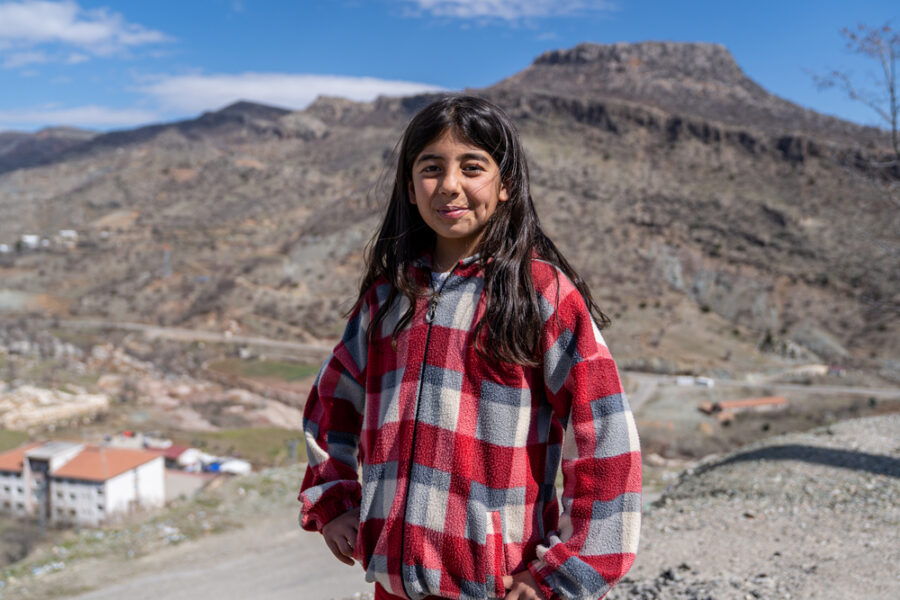
Emine is also feeling the impact of people moving away.
“I had friends, but they all left because of the earthquake. I miss them all very much. There is no one here. I just stay at home watching TV.
Before the earthquake, I used to go to school, then I would come back home, and I would read my book and play with my friends. Now there are no friends, and I can’t concentrate when reading my book, nothing stays in my head because of the stress.”

